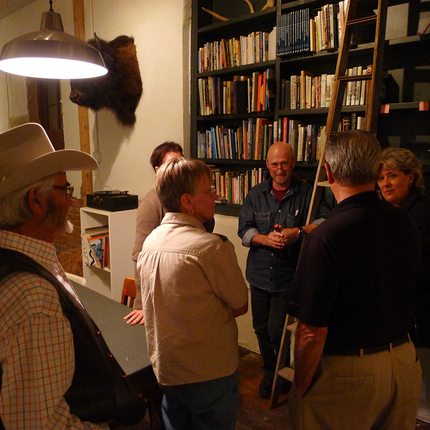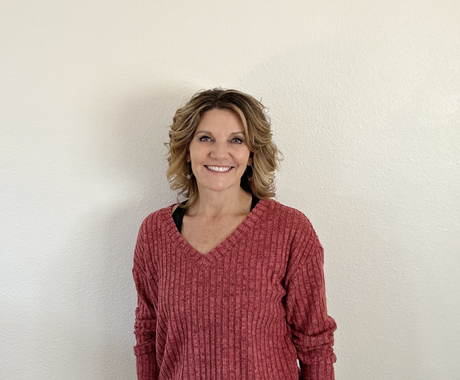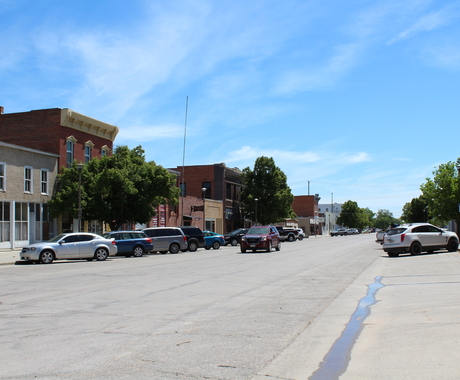Rural people sell themselves short when it comes to the art and culture that exists in our communities. Too often we head to the city to take in our fill of culture.
Last year I visited a rural arts collective on the eastern plains of Colorado. They call themselves M12, and they’ve set up shop in an old feed store in the hardscrabble town of Byers.
Richard Saxton, founder of M12, uses his work to explore the compelling landscapes that surround us in rural places. The results lift up the fascinating stories that make up our small towns.
My conversation with Saxton was one of several that compelled me to discuss how art and culture fit into our work at the Center for Rural Affairs. With a reputation for hard-nosed policy advocacy, business start-up services, and farmer assistance, we’ve not talked much about the role of the arts in creating a vibrant rural future.
But we all know that vibrant communities have widespread opportunity, well stewarded natural resources, and cultural amenities that bring the place to life.
You also know that rural life is rich with culture, history, and people with fascinating stories.
For instance, in our home town of Lyons, a gentleman built a replica of the old movie theater in his basement, along with a 1960s era diner, and a replica space station from Lost in Space. (Yes, you should come visit.)
We also have an astronomy club, two wineries, and three local history museums. This is all in a county of less than 7,000 people. I bet the place you live is similar.
But these stories and appreciation for the culture and history that surrounds us in rural areas often fly under the radar. When that happens, we do ourselves a disservice.
That is why we are testing new work locally to lift up local history, culture, and tell the stories of our place. It is part of a larger movement to demonstrate you don’t need to go to the city to experience culture.
Already we’re learning how to engage small communities in a conversation about culture and identity. And now we’re talking about how to carry these lessons into other aspects of our work. Can we integrate storytelling more effectively into community development and advocacy efforts?
The group of artists at M12 is working on similar projects.
You can do the same in your town. Volunteer at the local museum, attend the school play, and frequent the events and institutions that reflect the history of the place you live.
Let’s work together to uncover the rich history and culture of the places we each call home.
Feature image: The Feed Store, base of operations for The M12 Collective on the High Plains of Eastern Colorado, is a site for celebration. Photo from m12studio.org archives.





